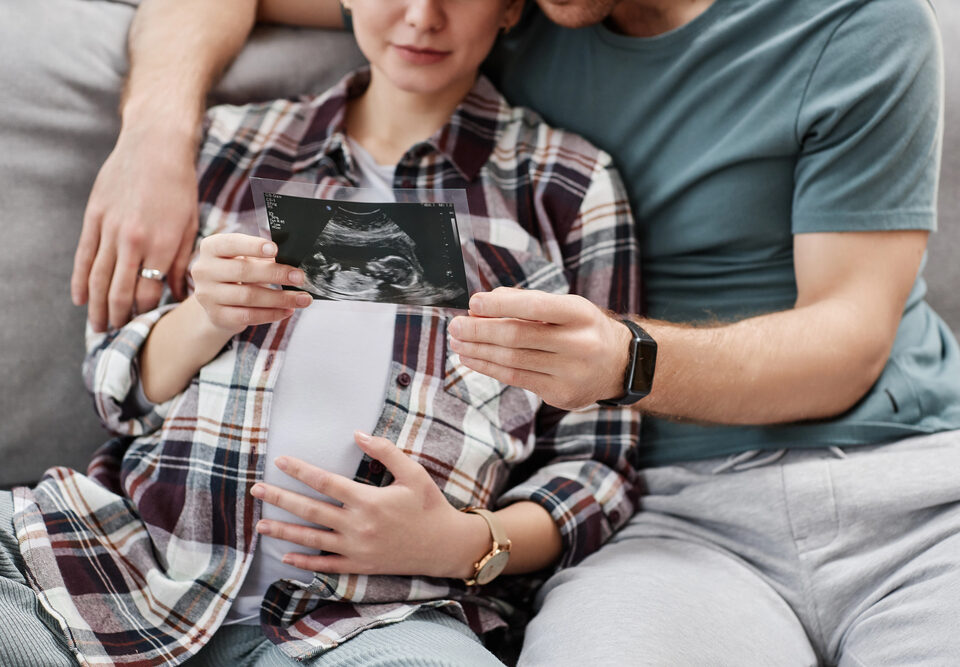
Carli Lloyd Opens Up About Her Infertility Journey
五月 8, 2024
Pope Concedes That Surrogacy May Be The Only Option for Some Women
五月 24, 2024The Texas Supreme Court is deciding whether to take a case that would have far-reaching impacts regarding access to IVF throughout the state. The basis of the case is an argument between divorcing spouses. The Denton couple can’t agree on who should get their three frozen embryos, and whether or not those embryos should be considered people or possessions.
Originally, Gaby was supposed to get the embryos if the couple divorced. However, Caroline is now arguing that anti-abortion laws and other changes that have taken place since the overturning of Roe v. Wade on a federal level have changed things. Specifically, several other states have granted personhood status to fertilized embryos, and Caroline argues that this means they should be treated like children during the divorce proceedings.
Texas has reproductive rights laws already on the books, but those laws don’t actually address IVF. If the Texas Supreme Court takes the case and ultimately rules that embryos are people, it will have an impact on much more than Gaby and Caroline’s divorce. Right now, unused or unwanted embryos are discarded, as are those that are abnormal. Additionally, embryos are frequently frozen for a period of time as part of the IVF process.
That can currently be done because embryos aren’t considered people in Texas. If that were to change, though, the entire IVF process would essentially have to stop. That’s already happened in Alabama, Missouri, and Georgia because the they ruled that embryos are people and have rights, with a number of states considering the same measures.
Caroline has already lost a couple of legal battles and has appealed, only to lose again. However, the potential for the highest court in Texas to take on this case is very real. Doing that, and ruling in Caroline’s favor, would mean that the three embryos she has with Gaby would need to be treated like children when it comes to their divorce.
Additionally, it could shut down IVF options for infertile couples, single people, and those in the LGBTQ+ community, or make the treatments so difficult and expensive to work through that most people could no longer have them. Right now, the future of IVF in Texas may hinge on one court decision.
At The Surrogacy Law Center, we work to help protect clients’ rights related to egg, sperm, and embryo donation, and in surrogacy arrangements, keeping state and other jurisdictional laws at the forefront. To learn more and to speak with an assisted reproduction attorney, contact us today!




